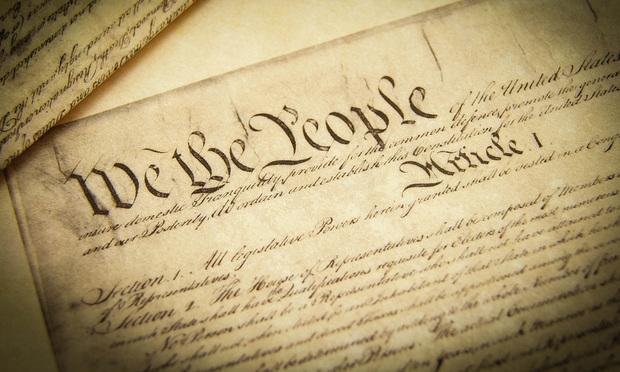For the first time in our history, a president has been impeached by the House of Representatives for conduct not alleged to be a crime. (The impeachment of presidents Andrew Johnson and Bill Clinton, as well as the impending impeachment of President Richard Nixon, all involved alleged crimes, while some of the additional articles of impeachment did not.) Against President Donald Trump, a majority in the House approved two articles of impeachment: one for “abuse of power” and one for “obstruction of Congress.” Neither article states a crime or statutory violation. Neither article contains elements against which proof of violation can be ascertained.
Our question here is not whether Trump should be impeached, but rather whether Congress is correct to address that question without resort to any clear standard or uniform principle. What is deemed sufficient for presidents we dislike will inevitably provide the standard for impeaching administrations that we favor. There needs to be some objective, nonmalleable standard of misconduct lest, especially in today’s polarized environment, impeachment becomes too easy a vehicle for the party in control of the House to hobble an administration of the opposing party over partisan differences.







